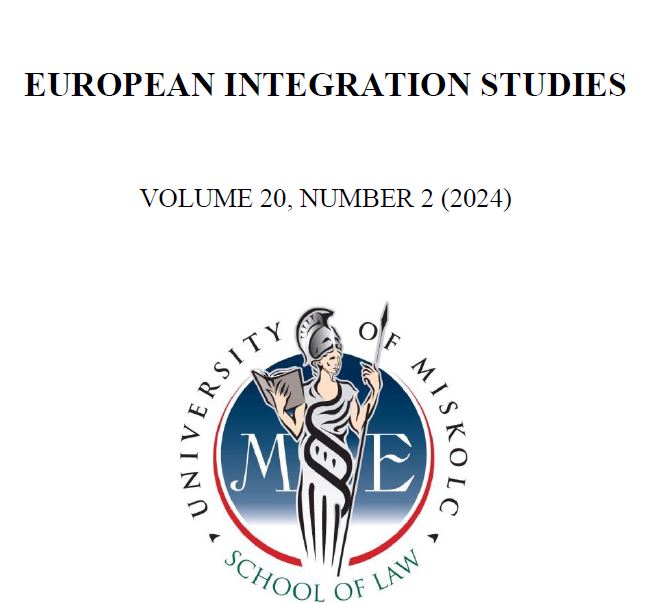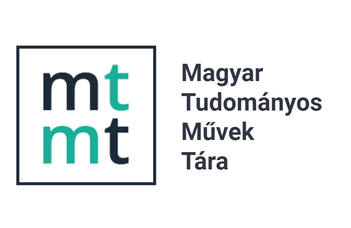Defence capability development optimisation
DOI:
https://doi.org/10.46941/2024.2.11Keywords:
Capability planning, operational optimization, constructive wargaming, military capabilities, armed forces development.Abstract
This article outlines comprehensive research methodologies and practical outcomes aimed at enhancing strategic decision-making processes in defense capability development. It introduces a structured and applicable methodological framework that integrates theoretical principles, advanced technological approaches, and practical experiences. Central to this framework are advanced modeling and simulation techniques, specifically constructive wargaming and operations research methods. These techniques systematically integrate a set of capability optimization tasks exploiting detailed mathematical modeling and simulation, supported by specialized software tools. The article outlines thirteen conceptual steps for optimizing military force structures and capability configurations by evaluating a vast array of combat scenarios by operational effectiveness criteria within established financial and strategic constraints. The proposed framework is the subject of serious research activities and a defense project development aimed at enhancing the practical applicability of the described methods and approaches to computer-aided capability development processes, effectively supporting strategic planning and substantially improving overall military preparedness.
References
Barros, A., Monsuur, H. (2011) ‘Operationele analyse: Science at the frontline’, Militaire. Spectator, 180, pp. 248-259.
Connable, B., Perry, W. L., Doll, A., Lander, N., Madden, D. (2014) Modeling, simulation, and operations analysis in Afghanistan and Iraq: operational vignettes, lessons learned, and a survey of selected efforts [Online]. Available at: https://www.rand.org/content/dam/rand/pubs/research_reports/RR300/RR382/RAND_RR382.sum.pdf (Accessed: 01 May 2024).
Škulj, D., Vehovar, V, Štamfelj, D. (2008) ‘The Modelling of Manpower by Markov Chains – A Case Study of the Slovenian Armed Forces’, Informatica, 32, pp. 289-291.
Evans, J. R., Dickinson, R. G., Rey, M. (2006) Military Impact of Canadian Operational Research and Analysis. Paper presented to 23rd International Symposium on Military Operational Research, Hampshire, UK.
Hanley, N., Gaffney, H. (2011) ‘The Peace Support Operations Model: Modeling Techniques Present and Future’, The Journal of Defense Modeling and Simulation: Applications, Methodology, Technology, 8(2), pp. 79-84 [Online]. Available at: http://journals.sagepub.com/doi/10.1177/1548512910388200 (Accessed: 02 May 2024).
Horne, G., Seichter, S. (2018) Developing Actionable Data Farming Decision Support for NATO. Technical Report RDP STO-TR-MSG-124. Neuilly-sur-Seine: NATO Research and Technology Organisation [Online]. Available at: https://www.sto.nato.int/publications/STO%20Technical%20Reports/STO-TR-MSG-124/$$TR-MSG-124-ALL.pdf (Accessed: 01 May 2024).
Fačevicová K., Hron K., Kunderová P. (2018) Markovovy řetězce a jejich aplikace, Univerzita Palackého v Olomouci. 7. 12. 2018
Chamberlain, R. G., Duquette, W. H. (2013) Athena in 2013 and Beyond. JPL Publication 13-9, Pasadena: Jet Propulsion Laboratory, CA 91109-8099.
Kleint, R., Geck, A. (2021) Simulation-Based Decision Support for the Logistic System of the German Armed Forces [Online]. Available at: https://www.sto.nato.int/publications/STO%20Meeting%20Proceedings/STO-MP-MSG-184/MP-MSG-184-13.pdf (Accessed: 02 May 2024).
Mazal, J., (2009) Algoritmy vlivu geografických faktorů na optimální pohyb vojenských vozidel po komunikacích i v terénu (in Czech), projekt obranného výzkumu METEOR, UO Brno, pp. 87.
Mazal, J. Stodola P., Mašlej M., Rybanský M. (2012) Integration of The Geographical and Operational Analysses. Brno: Univerzita obrany.
MO ČR (2002) Koncepce výstavby profesionální Armády České republiky a mobilizace ozbrojených sil České republiky. Praha: Ministerstvo obrany.
MO ČR (2015) Bezpečnostní strategie České republiky. Praha: Ministerstvo zahraničních věcí České republiky.
MO ČR (2017) Obranná strategie České republiky: The defence strategy of the Czech Republic, Praha: Ministerstvo obrany České republiky - VHÚ Praha.
MO ČR (2018) Metodika střednědobých koncepcí. Usnesení vlády ČR č. 10 ze dne 3. 1. 2001. Metodická pomůcka: Tvorba koncepčních dokumentů rezortu MO.
MO ČR (2019) Koncepce výstavby Armády České republiky 2030, Praha: Ministerstvo obrany.
MO ČR (2019) Dlouhodobý výhled pro obranu 2035: The defence strategy of the Czech Republic, Praha: Ministerstvo obrany České republiky - VHÚ Praha.
Procházka, J. (2018) Strategické přístupy k adaptaci ozbrojených sil: tvorba rozvojových strategií: habilitační práce, Brno: Univerzita obrany v Brně.
Sharp, P. (2003) Report of the strategic workforce planning review. Canberra ACT: Commonwealth of Australia.
Veldhuis, G.A., Scheepstal P., Rouwette E, Logtens T. (2015) ‘Collaborative problem structuring using MARVEL’, EURO Journal on Decision Processes, 3(3-4), pp. 249-273 [Online]. Available at: https://linkinghub.elsevier.com/retrieve/pii/S2193943821000492 (Accessed: 02 May 2024).
Veldhuis, G.A., M de Reus N., and MJ Keijser B. (2020) Concept development for comprehensive operations support with modeling and simulation, The Journal of Defense Modeling and Simulation: Applications, Methodology, Technology, 17(1), pp. 99-116. [Online]. Available at: http://journals.sagepub.com/doi/10.1177/1548512918814407 (Accessed: 02 May 2024).
Wang, J. (2005) A review of operations research applications in workforce planning and potential modeling of military training. Edinburgh: DSTO Systems Sciences Laboratory.





